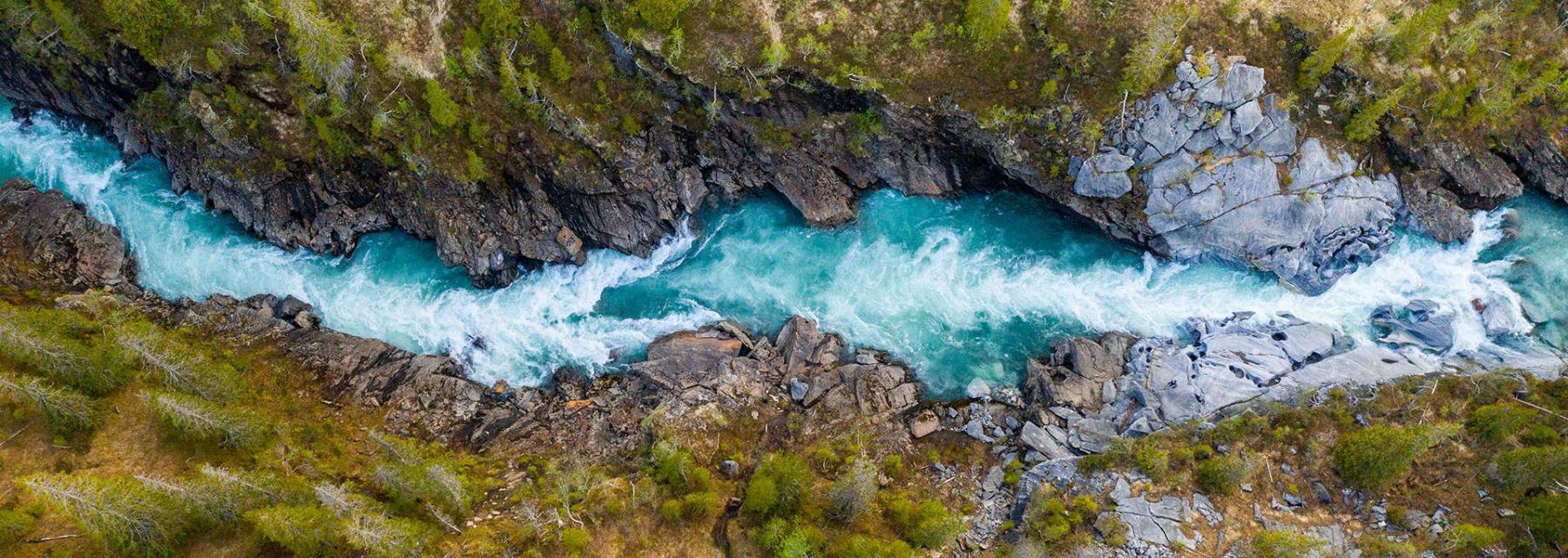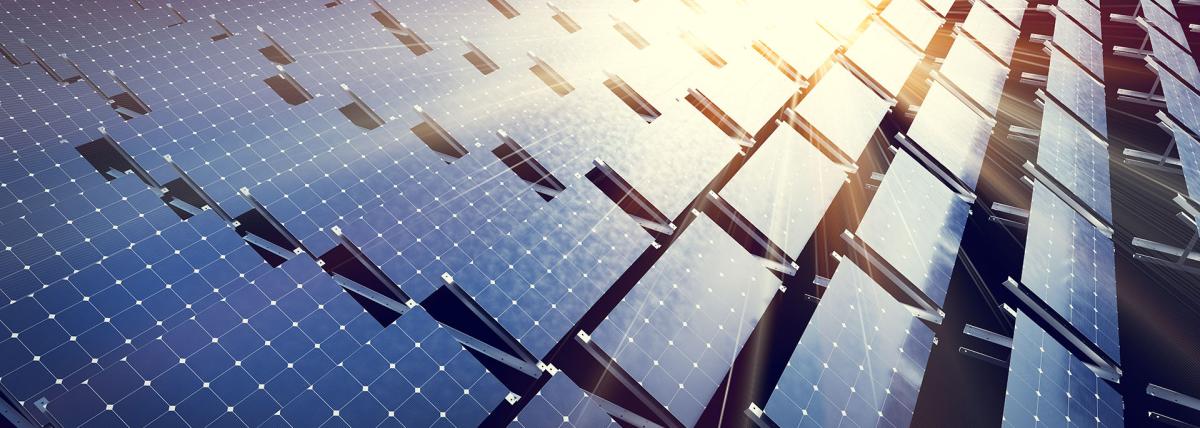
Hydrochemical Analysis of the Natural Waterbodies in the Grand Canyon State (Arizona)
by Michael Angelo De La Cruz
A lesson to teach students how to collect, organize, interpret data, make inferences, raise awareness, and suggest possible solutions on the water quality of the waterbodies in the state of Arizona.
Lesson Plan Link/URL
https://docs.google.com/presentation/d/1vKBQbkIideZbGoQK9d9_En3N3VpTVt-M/edit?u…Subject Area
Science Physical Science P1: Matter Earth and Space Science E1: Earth Systems Technology 1. Empowered Learner 2. Digital Citizen 3. Knowledge Constructor 5. Computational Thinker 6. Creative Communicator 7. Global Collaborator Mathematics Measurement and Data (MD) Ratio and Proportion (RP) Statistics and Probability (SP) Number & Quantity (N) English Language Arts (ELA) Reading (Literature) Reading (Informational Text) Writing
Featured
Off
Related Content

Grades:
9th Grade, 10th Grade, 11th Grade
A common challenge in Thermodynamic Chemistry is how do endo vs. exothermic reactions FEEL. Students will conduct three different chemical reactions to collect data and observations about the

Grades:
9th Grade, 10th Grade, 11th Grade
This is a week-long set of lessons building on the structure and function of skin. The first few days will have students using technology to complete research. Students will also explore the

Grades:
10th Grade
In this creative lesson, students will engage in argument from evidence to determine the feasibility of the use of an energy resource. Students will research an energy resource and answer a set of